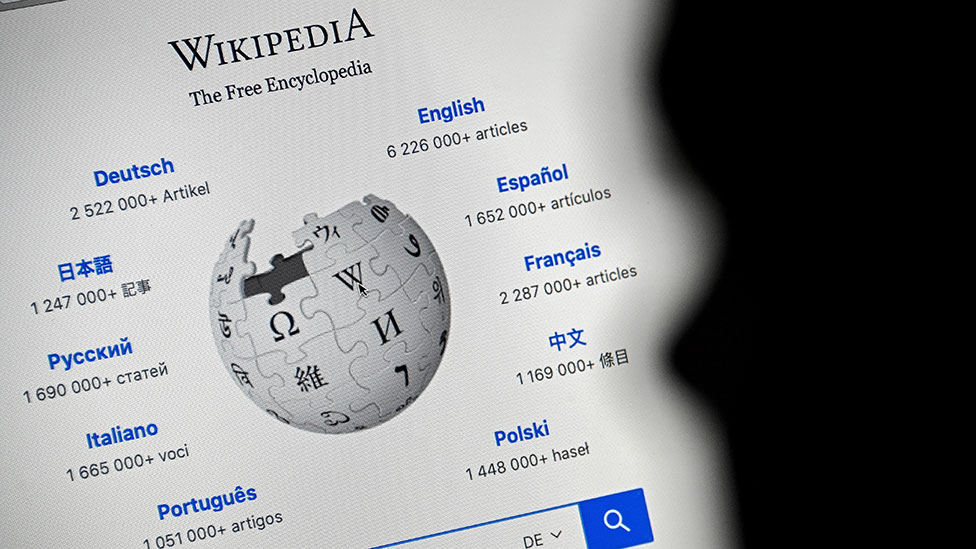The oil kingdom is betting billions that cheap energy and sovereign wealth can make it the world’s third AI superpower
In the scorching desert where oil once defined a nation’s destiny, Saudi Arabia is making a audacious wager on a different kind of power: artificial intelligence. With nearly $100 billion earmarked for infrastructure alone and a sovereign wealth fund approaching $1 trillion, the Kingdom isn’t just entering the global AI race—it’s trying to rewrite the rules.
At the heart of this transformation sits HUMAIN, a company that didn’t exist a year ago but now carries the weight of Saudi Arabia’s technological ambitions. Launched by Crown Prince Mohammed bin Salman in May 2025 and backed by the Public Investment Fund, HUMAIN represents something unprecedented: a state-backed attempt to build an entire AI ecosystem from silicon to software, from data centers to applications.
“We’re not trying to be fourth or fifth,” says HUMAIN’s CEO, articulating goals that would have seemed fantastical just months ago. “We want to be the world’s third-largest AI market, after the United States and China.”
The Energy Advantage
What makes Saudi Arabia’s bet more than mere ambition is a competitive edge that money alone can’t buy: energy. The same geological fortune that made the Kingdom an oil giant now positions it uniquely for the AI era. Training large language models and running inference at scale demands extraordinary amounts of electricity—a challenge that has stymied countries from Singapore to Ireland.
Saudi Arabia faces no such constraint. With abundant natural gas and solar potential, the Kingdom can power vast data center complexes without the infrastructure bottlenecks plaguing other nations. No need for years-long waits to build new power substations. No concerns about grid capacity. Just raw, cheap energy flowing to rows of humming servers.
This advantage hasn’t gone unnoticed. Global AI companies are eyeing Saudi partnerships with increasing interest, drawn by the promise of compute capacity at competitive costs.
Building the Stack
HUMAIN isn’t taking a piecemeal approach. The company is constructing what insiders call “the full stack”—everything needed to compete in AI from the ground up. Data centers will house custom infrastructure. Cloud capabilities will serve regional and international clients. Large language models will be developed in-house, trained on architectures optimized for Arabic and regional languages. Applications will span sectors from healthcare to finance to government services.
The financial commitments are staggering. Early estimates suggest data center and hardware investments alone could reach $77 billion. But HUMAIN isn’t stopping at infrastructure. The company recently launched HUMAIN Ventures, a $10 billion venture capital fund targeting AI startups across the United States, Europe, and Asia. It’s a strategy of simultaneous building and buying—developing homegrown capabilities while acquiring cutting-edge technology and talent from established AI hubs.
In a signal of how seriously Saudi Arabia’s traditional power players are taking this shift, Aramco—the state oil company and one of the world’s most valuable enterprises—recently acquired a significant minority stake in HUMAIN. The sovereign wealth fund maintains majority control, but Aramco’s involvement suggests even the Kingdom’s oil establishment sees AI as central to Saudi Arabia’s future.
The Diversification Imperative
For decades, Saudi Arabia has talked about economic diversification. Vision 2030, the Crown Prince’s blueprint for transformation, has promised to reduce dependence on oil revenues and build a modern, diversified economy. But talk is cheap. AI represents something more concrete: a sector where Saudi advantages—capital, energy, government coordination—can translate into genuine competitive position.
The timing is deliberate. As AI development accelerates globally, with American and Chinese companies racing to achieve artificial general intelligence, a window exists for other nations to establish themselves. Saudi Arabia is rushing through that window with checkbook open.
Skepticism and Challenges
Not everyone is convinced. Critics point to the Kingdom’s mixed track record on ambitious mega-projects. NEOM, the futuristic city in the desert, has seen costs balloon and timelines slip. Can a nation with limited tech ecosystem suddenly will an AI powerhouse into existence?
The talent question looms large. Building competitive AI models requires not just money but researchers, engineers, and scientists with specialized expertise. Saudi Arabia will need to either import this talent en masse—competing with Silicon Valley salaries and California weather—or develop it domestically, a process that takes years.
There are also geopolitical considerations. As AI becomes increasingly central to national security and economic competitiveness, will Western companies and governments be comfortable with extensive Saudi involvement in the AI supply chain? Technology transfer restrictions and export controls could complicate HUMAIN’s ambitions.
A New Kind of Resource Curse?
Economists speak of the “resource curse”—the paradox where countries rich in natural resources often struggle to develop diversified economies. Oil wealth can create complacency, distort incentives, and concentrate power. Saudi Arabia has experienced this firsthand.
Now the Kingdom is attempting to turn one resource advantage into another. Whether this succeeds or simply replicates old patterns with new technology remains to be seen. Can sovereign wealth and cheap energy truly manufacture an AI ecosystem? Or does innovation require something more organic—the kind of entrepreneurial culture, academic freedom, and risk-taking that can’t simply be purchased?
The World Watches
Whatever the outcome, Saudi Arabia’s AI bet is already reshaping global dynamics. Other Gulf states are racing to match Saudi investments. International companies are recalibrating their Middle East strategies. And in Washington and Beijing, policymakers are taking note of a new player with serious resources entering the field.
For Saudi Arabia, the stakes couldn’t be higher. This isn’t just about economic diversification or technological prestige. It’s about securing relevance in a world that may soon need much less Saudi oil. As electric vehicles proliferate and renewable energy expands, the Kingdom is racing to ensure it has something the world will still want in 2050.
That something, Saudi leaders have decided, is artificial intelligence. Whether the desert can bloom with neural networks as it once did with oil derricks will define the Kingdom’s next chapter—and reshape the global technology landscape in the process.




